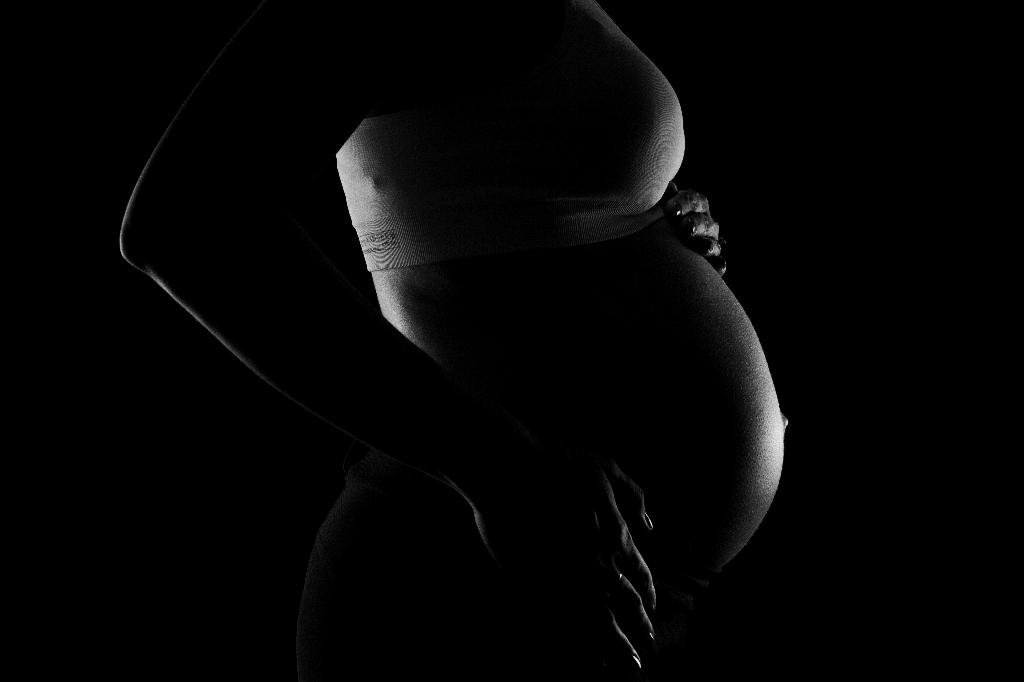When a newborn has low iron levels at birth, it can have significant effects on their health and development. Iron is crucial for the production of red blood cells, which carry oxygen to all parts of the body. Without an adequate supply of iron, the newborn may experience iron deficiency anemia, a condition that can lead to fatigue, weakness, and developmental delays.
Symptoms of Iron Deficiency in Newborns
Identifying iron deficiency in newborns can be challenging as the symptoms are often subtle. Some common signs include pale skin, irritability, decreased appetite, and delayed growth. In severe cases, iron deficiency anemia can lead to heart problems and impaired cognitive development.
Long-Term Implications of Iron Deficiency
If iron levels remain low in newborns and are left untreated, the consequences can be long-lasting. Iron is essential for proper brain development, and a deficiency in infancy can impact cognitive function, learning abilities, and behavior in later years. It may also increase the risk of attention deficit hyperactivity disorder (ADHD) and other neurodevelopmental disorders.
Importance of Early Detection and Treatment
It is crucial to monitor iron levels in newborns and address any deficiencies promptly. Early detection and treatment of iron deficiency can prevent the development of anemia and reduce the risk of long-term complications. Healthcare providers may recommend iron supplements or dietary changes to ensure the newborn receives an adequate amount of this essential nutrient.
Effects on Physical Growth
Iron deficiency can also impact the physical growth of newborns. Without enough iron, the body may struggle to produce hemoglobin, leading to stunted growth and delayed weight gain. Adequate iron intake is necessary for healthy growth and development in infants.
Nutritional Recommendations for Newborns
It is recommended that newborns receive enough iron through breast milk or iron-fortified formula. Introducing iron-rich foods, such as pureed meats and iron-fortified cereals, as the infant transitions to solid foods can also help maintain optimal iron levels. Consulting with a pediatrician or a healthcare provider can provide guidance on meeting the iron needs of a newborn.
Preventing Iron Deficiency in Newborns
Prevention is key when it comes to iron deficiency in newborns. Ensuring that the mother maintains adequate iron levels during pregnancy can help prevent iron deficiency in the newborn. Additionally, practicing exclusive breastfeeding for the first six months of life and introducing iron-rich foods at the right age can support healthy iron levels.
Monitoring Iron Levels in Newborns
Regular check-ups with healthcare providers can help monitor the iron levels of newborns and detect any deficiencies early on. Blood tests may be conducted to assess iron stores and hemoglobin levels. By staying proactive and vigilant, parents can ensure the optimal health and development of their newborn.
Collaboration with Healthcare Providers
Open communication with healthcare providers is essential in addressing any concerns related to iron deficiency in newborns. Healthcare professionals can offer guidance on proper nutrition, supplementation, and monitoring to support the newborn’s iron status. Working together as a team can ensure the best outcomes for the child.
Supporting Neurological Development
Iron plays a crucial role in neurological development, particularly in the early years of life. Ensuring that the newborn receives an adequate supply of iron can support healthy brain function, cognitive development, and overall well-being. By prioritizing iron-rich foods and supplements, parents can help nurture the neurological growth of their child.
Conclusion
In conclusion, low iron levels at birth can have far-reaching effects on the health and development of newborns. It is essential to be vigilant about monitoring iron levels, recognizing the signs of deficiency, and taking proactive steps to address any concerns. By prioritizing iron-rich nutrition and collaborating with healthcare providers, parents can support the optimal growth and well-being of their newborn.

